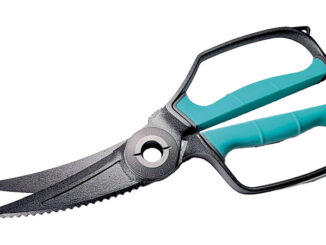
When the Atchafalaya River recedes, the bream go bonkers in the area’s backwaters. Here’s how to load the boat.
Here’s something to ponder: Louisiana’s tourism folks have worked hard to get the Redfish Tour and Redfish Cup to hold tournaments here. This year, there will be a total of seven such events in the Bayou State, several of which will be televised on ESPN. Are anglers in these events going to stay in the big lakes and bays, or are they going to break state laws and go into the ponds without first seeking permission?
Louisiana Sportsman magazine has investigated, and we can find no coastal state in the union that doesn’t protect the rights of its citizens to access all tidal waters, with some very limited exceptions like at NASA plants or inside military restricted zones.
Oh, I’m sorry, there is one state that is an exception. But, of course, we all know which one that is.
As Louisiana Sportsman has reported extensively, landowners across the coast are claiming tidal waters as their own, and judges are hiding behind the protection of vague and ambiguous state laws to rule in favor of those who fund their campaigns.
That’s great news if you’re a landowner (defined, I would think, as one who owns land). It’s not so good news if you’re one of Louisiana’s 600,000 licensed anglers.
Louisiana has long been a maverick state; we’re at the bottom of all the good categories like, say, education, and we’re at the top of all the bad ones. More than one person has dubbed us a Banana Republic.
But still, I wonder how it happened that we don’t protect the rights of citizens to access tidal waters, while all other coastal states do. Even in Mississippi, the state we usually compete with to be No. 1 on the bad lists, courts ruled that the public can access tidal waters as long as they are deep enough to float a toothpick.
In Louisiana, however, tidal waters that are deep enough to hold big, line-stripping redfish are considered private property. That’s because the state doesn’t recognize anything that wasn’t mapped when official cartographers drew up the coastline in the 1800s. Obviously these men, no matter how well-intentioned, didn’t get out of their steam-powered luggers and paddle a pirogue into every mosquito-infested nook and cranny on the coast. They mapped the big lakes and bays, and colored everything else green.
So today, you can’t fish in any of those green areas. They’re considered land by the state. And state law doesn’t require landowners to post their property. So if you dare go fishing for redfish in the state of Louisiana, you’re breaking the law unless you stay in the big lakes, bays and bayous.
How is it that a landowner can block access to tidal waters that flow over his property, but he can’t block access to the air over that same property? Should Delta have to seek permission before flying over that guy’s land? There really is no difference. Air and tidal water both belong to the public. When does the tidal water become the property of the landowner — when it crosses some magic boundary? Does it belong to the public one day, and then switch over to private ownership once it is pushed with the tides into a pond? Does it then revert to public ownership when it is pulled back out?
Louisiana has all these fish, but the vast majority of them are not accessible to the public.
That’s not going to look too good on ESPN.


